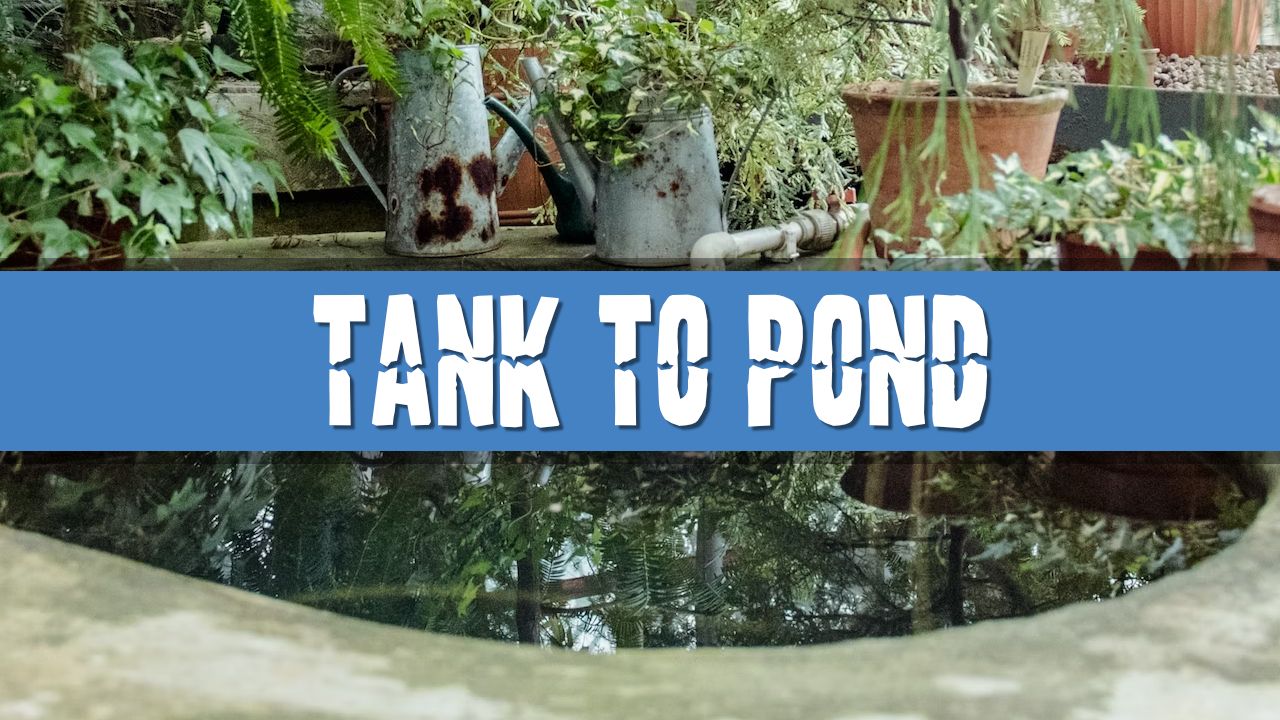Transferring Aquarium Fish to an Outdoor Garden Pond: Considerations and Steps
Yes, you can move your aquarium fish to a garden pond, but it requires careful consideration. Ensure the pond is suitable in terms of size, water quality, and compatibility with other pond inhabitants. Proper acclimation and monitoring are crucial for a successful transition.

One question often pondered by aquarium hobbyists is: can I move my aquarium fish to my garden pond? It's a valid inquiry, as the idea of introducing your beloved pets to a larger, more natural environment may seem appealing. However, the answer isn't as straightforward as you might think. Let's dive into the pros, cons, and considerations of moving your aquarium fish to your garden pond.
Aquarium Vs. Pond: The Core Differences
Before diving headfirst into the pond, it's essential to recognize the fundamental differences between an aquarium and a pond environment. Fish from aquariums, whether they be cold water, tropical, or marine fish, are accustomed to a specific, controlled environment that can be starkly different from that of a garden pond.
Temperature
Your home aquarium, especially if it's equipped with a reliable heater, maintains a steady water temperature. Ponds, however, are subject to the fluctuating outdoor climate, which can create dramatic temperature shifts.
Space and Depth
While the size of a pond might initially seem to provide ample room for your fish to swim, it also means that the fish are more exposed to potential predators. Furthermore, the depth of a pond can significantly impact water temperature, with the bottom being much cooler than the surface. This might not be an issue for some fish, but it could pose a problem for others that are sensitive to such variations.
The Implications of Moving Aquarium Fish to a Pond
With these differences in mind, it's easier to understand why transitioning your fish from an aquarium to a pond can be challenging.
Health and Well-being of the Fish
Fish accustomed to the carefully maintained parameters of a tank may find it difficult to adapt to the variable conditions of a pond. This could lead to health issues, such as those caused by stress, or even the fish not eating.
Impact on Local Ecosystem
Another critical point is the potential impact on the local ecosystem. Introducing non-native species can disrupt the balance of nature, causing damage to indigenous flora and fauna.
Legal Implications
In many regions, it's illegal to introduce non-native fish species into outdoor water bodies. Always ensure you check your local regulations before considering such a move.
Factors to Consider If Moving Fish to a Pond
If you've weighed the implications and still wish to move your aquarium fish to a pond, there are a few key factors to bear in mind.
Temperature and Water Quality
Ensure the pond's temperature range is compatible with your fish's needs. You'll also need to monitor the water quality, just like you would in your home aquarium. Regularly cleaning your pond, just as you would clean your aquarium, will keep the water clear and healthy.
Compatibility with Pond Life
Check whether your fish species can coexist with any existing pond inhabitants. Also, ensure the pond provides adequate hiding spaces to protect your fish from potential predators.
Proper Acclimatization
Just as you would acclimate new fish to an aquarium, the same process is required for introducing aquarium fish to a pond. This gradual process helps to mitigate shock, stress, and potential health issues.
Conclusion
In summary, while it's technically possible to move your aquarium fish to your garden pond, the process isn't simple. It requires careful consideration of numerous factors including temperature, space, depth, legal implications, and the potential impact on both the fish's health and the local ecosystem.

